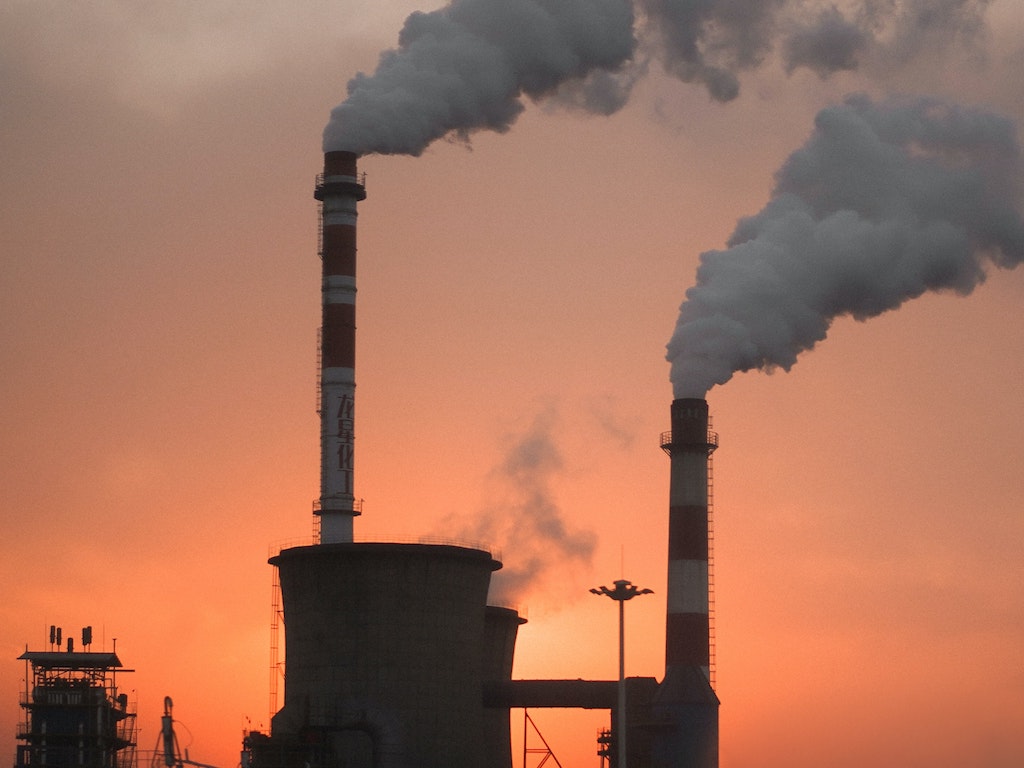New Data Shows Rampant Greenwashing In Sustainable Finance, With ESG Funds ‘Stuffed’ Full OF Fossil Fuel Stocks
3 Mins Read
As sustainable investing gains momentum, more funds touting themselves as “green” are misleading investors. According to a report published by the Economist, some of the world’s biggest ESG funds are “stuffed full of polluters and sin stocks”, suggesting widespread greenwashing practices in the realm of sustainable finance.
Sustainable investing has been steadily gaining momentum globally, thanks to rising public awareness over climate change. Recent data suggesting that ESG funds have largely outperformed traditional funds in 2020 has only further piled on the pressure in what has long been an industry conservative to change.
It’s even pushed big players like Goldman Sachs to pledge net-zero by 2030, in response to what CEO David Solomon said was “no slowdown” in sustainable finance demand from its clients.
Within the first quarter of 2021, inflows into ESG funds rose 19% to a new high of nearly US$2 trillion, data from industry tracker Morningstar data showed. Deloitte experts expect that 200 ESG funds will be launched within the next three years, marking a doubling in the activity recorded from the previous three years.
But amid all the positive signs for a green boom, new statistics may reveal what some industry watchers have warned all along – that financial institutions may simply continue their planet-damaging practices under the guise of ESG.
According to an Economist report published in May examining the top 20 ESG funds globally, on average, each of them holds 17 investments in fossil fuel firms. Six of them have cash in American oil giant ExxonMobil. Two invested in the largest oil producer in the world, Saudi Aramco.
“ESG investing is hardly a champion of social virtue either. The funds we looked at invest in gambling, booze and tobacco,” said the report, which argues that far more disclosure must be done on the part of funds.
“The current system of largely voluntary reporting is riddled with problems. Firms disclose reams of irrelevant puffery, while often failing to reveal the few things that matter.”
The report also calculated that publicly traded firms hardly account for all of the world’s emissions, with non-state-controlled and listed companies making up anywhere between 14-32% of the total.
“So green investing can be only part of the answer.”
What disclosure can further do is reveal which funds and institutions are really supporting clean energy initiatives, as opposed to fuelling polluting businesses from oil and gas to cement producers and mining firms, said the report.
“The combined effect [of better disclosure] would be to expose as bunk the idea that swathes of the corporate world and asset-management industry are planet-saving heroes. And it would help investors put their money into truly green firms, ensuring a better allocation of capital and a faster energy transition.”
BlackRock’s former CIO for sustainable investing Tariq Fancy goes further. He argues that ultimately, what needs to happen is regulation.
In an op-ed published in March, Fancy wrote: “In essence, Wall Street is greenwashing the economic system and, in the process, creating a deadly distraction.”
“Risk managers are focused on protecting their investment portfolios from potential damages done by a worsening climate rather than helping prevent that damage from occurring in the first place,” he continued.
“We’re running out of time and need to accept the truth: To fix our system and curb a growing disaster, we need government to fix the rules.”
Lead image courtesy of Unsplash.




